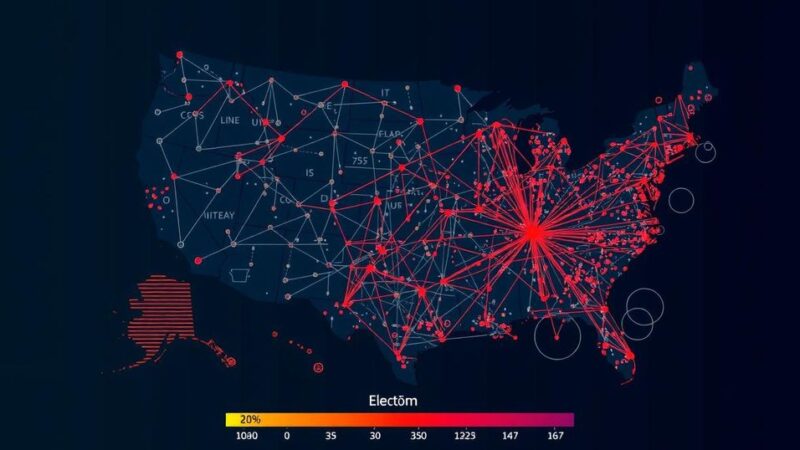Oil prices have risen due to conflicts in the Middle East, leading to potential electoral implications. A recent study noted a 13% increase in oil prices over 11 days, but experts believe any immediate impact on the election is limited. A sustained spike, however, could negatively affect voter sentiment towards Vice President Kamala Harris. Analysts suggest that without significant disruptions, the current price increases may not be enough to substantially alter consumer perceptions or approval ratings ahead of Election Day.
Recent developments in the Middle East have led to a notable increase in oil prices, sparking discussions about its potential influence on the upcoming presidential election. In a recent 11-day period ending on Monday, oil prices rose approximately 13%, although there was a decline observed the subsequent day due to a delay in anticipated military actions. Experts suggest that although this price hike is not substantial enough to immediately affect consumer sentiment or voter perceptions, a further rise could pose challenges for Vice President Kamala Harris, given her administration’s handling of economic issues. Denton Cinquegrana, chief oil analyst at the Oil Price Information Service, noted, “People use gasoline as a gauge of the economy and how they’re feeling about it.” Current analyses indicate that only a significant spike in oil prices might dampen consumer approval ratings for Harris in light of rising gasoline prices. Jon Krosnick, a political science professor, posits that voters generally evaluate economic conditions over a longer term, which may lessen the immediate ramifications of rising oil prices on voter sentiment. The ongoing Middle East conflicts could exacerbate oil supply concerns, particularly if military actions hinder Iranian production or disrupt shipping lanes in the Strait of Hormuz, leading to higher prices. Analysts and economists continue to monitor the situation closely, acknowledging that while oil prices have recently surged, they are still lower than the levels seen last year. Should the conflict further escalate, this could lead to significant increases in gas prices, which may indeed influence voter attitudes as Election Day approaches. However, the window of time may not be sufficient for a dramatic change in consumer sentiment to manifest. In summary, while rising oil prices amid geopolitical tensions warrant attention, the extent of their impact on the election remains uncertain and contingent upon the evolving situation in the Middle East.
The article discusses the relationship between recent conflicts in the Middle East, rising oil prices, and their potential implications for the upcoming presidential election. As geopolitical tensions escalate, particularly concerning Israel and Iran, analysts have noted a substantial increase in oil prices which could affect consumer sentiment due to its correlation with gasoline prices. The discourse examines how these fluctuations may play a critical role in shaping voters’ perceptions and subsequently influencing the election outcome.
In conclusion, the recent surge in oil prices driven by Middle East tensions presents a complex scenario for the upcoming presidential election. While experts maintain that current price levels may not significantly sway consumer sentiment or voter attitudes, further escalations in oil prices could yield adverse effects on Vice President Harris’ approval ratings. The political landscape is shaped not only by immediate economic conditions but also by public perception over the longer term, underscoring the intricate dynamics of voter behavior in the face of emerging global crises.
Original Source: abcnews.go.com






